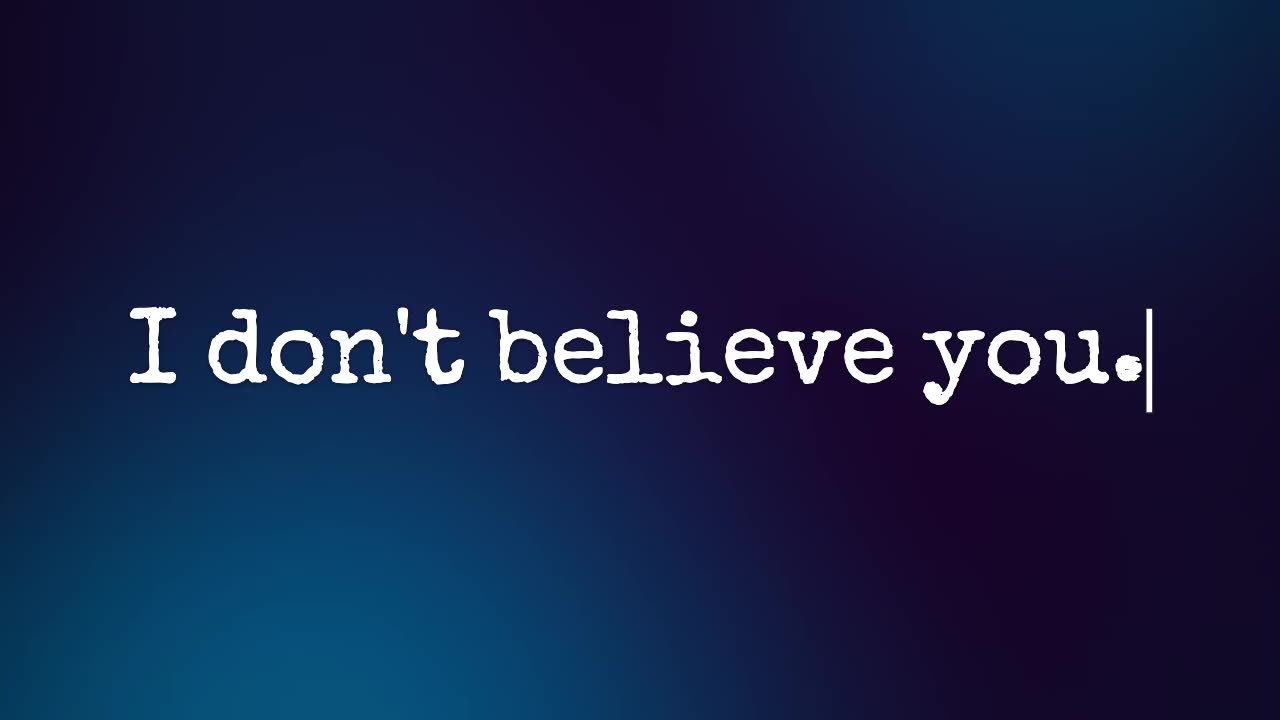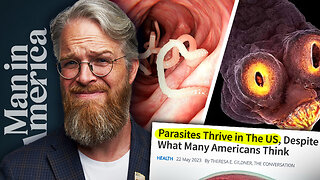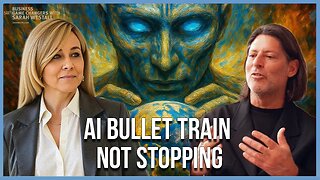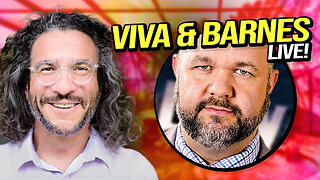Premium Only Content

I don't believe you.
The Revolutionary Act of Doubt.
“I don’t believe you.” Once an ordinary phrase, it now carries the weight of rebellion. In our present cultural climate, doubt itself has become dangerous — almost subversive. There is a creeping insistence that to question someone’s statement is to commit an offence against the unwritten code of modern discourse. We live, it seems, in a social matrix where belief is demanded, not earned.
If person A says he didn’t do something, and persons B, C, D, E, and F echo his denial, the expectation is clear: you must believe him too. To refuse, to stand apart and say “I’m not convinced,” is treated not as a natural human response but as an attack on collective consensus. Gut instinct — that ancient internal compass honed through experience and reason — is increasingly dismissed. Scepticism, once the foundation of rational thought, is reframed as hostility.
Yet this blind conformity is strangely selective. There exists an unspoken hierarchy of credibility. If person Z denies wrongdoing, belief is optional — even discouraged — because the surrounding crowd of A through F has already passed its judgment. We are told to trust “the many,” as if numbers themselves produce truth. Belief, it seems, has been reduced to a vote.
The danger of this mindset is profound. Truth is not decided by popularity, and integrity cannot be measured by how many voices shout in agreement. When disbelief is condemned, inquiry dies. When scepticism is outlawed, manipulation flourishes. And when belief becomes compulsory, the very idea of evidence loses meaning.
To say “I don’t believe you” should not be revolutionary. It should be normal, healthy, and part of the search for truth. In a world that prizes conformity over curiosity, it may be an act of quiet courage.
-
 9:25
9:25
MattMorseTV
1 day ago $4.86 earnedSupreme Court just DROPPED a NUKE.
8.97K36 -
 13:25
13:25
Nikko Ortiz
1 day agoWorst Karen TikTok Fails
3.46K3 -
 40:24
40:24
The Connect: With Johnny Mitchell
2 days ago $17.41 earnedInside The WORST Drug-Infested Slums Of Medellin, Colombia
53.9K27 -
 4:14
4:14
GritsGG
11 hours ago2 Warzone Easter Eggs! How to Find Them EASILY!
33 -
 LIVE
LIVE
Lofi Girl
2 years agoSynthwave Radio 🌌 - beats to chill/game to
264 watching -
 1:45:43
1:45:43
Man in America
11 hours agoThe DISTURBING Truth About Parasites — Live Q&A w/ Dr. Jason Dean
58.8K36 -
 7:13:47
7:13:47
SpartakusLIVE
8 hours ago#1 Mountain of Muscle with HUGE Legs saves your weekend from complete BOREDOMNight HYPE
36.7K1 -
 47:42
47:42
Sarah Westall
9 hours agoFreedom or Slavery? AI will Change Everything w/ Trump Senior Advisor Marc Beckman
46.5K9 -
 2:23:20
2:23:20
vivafrei
15 hours agoEp. 285: Visa Revocation No-Go! Sortor Arrested! Ostrich Crisis! 2A Win! Comey Defense & MORE!
108K99 -
 5:55:11
5:55:11
CassaiyanGaming
6 hours ago🟢LIVE - VISITING GOOB LAGOON! - Will They Rip Me Off?!? Waterpark Simulator
34.3K2
